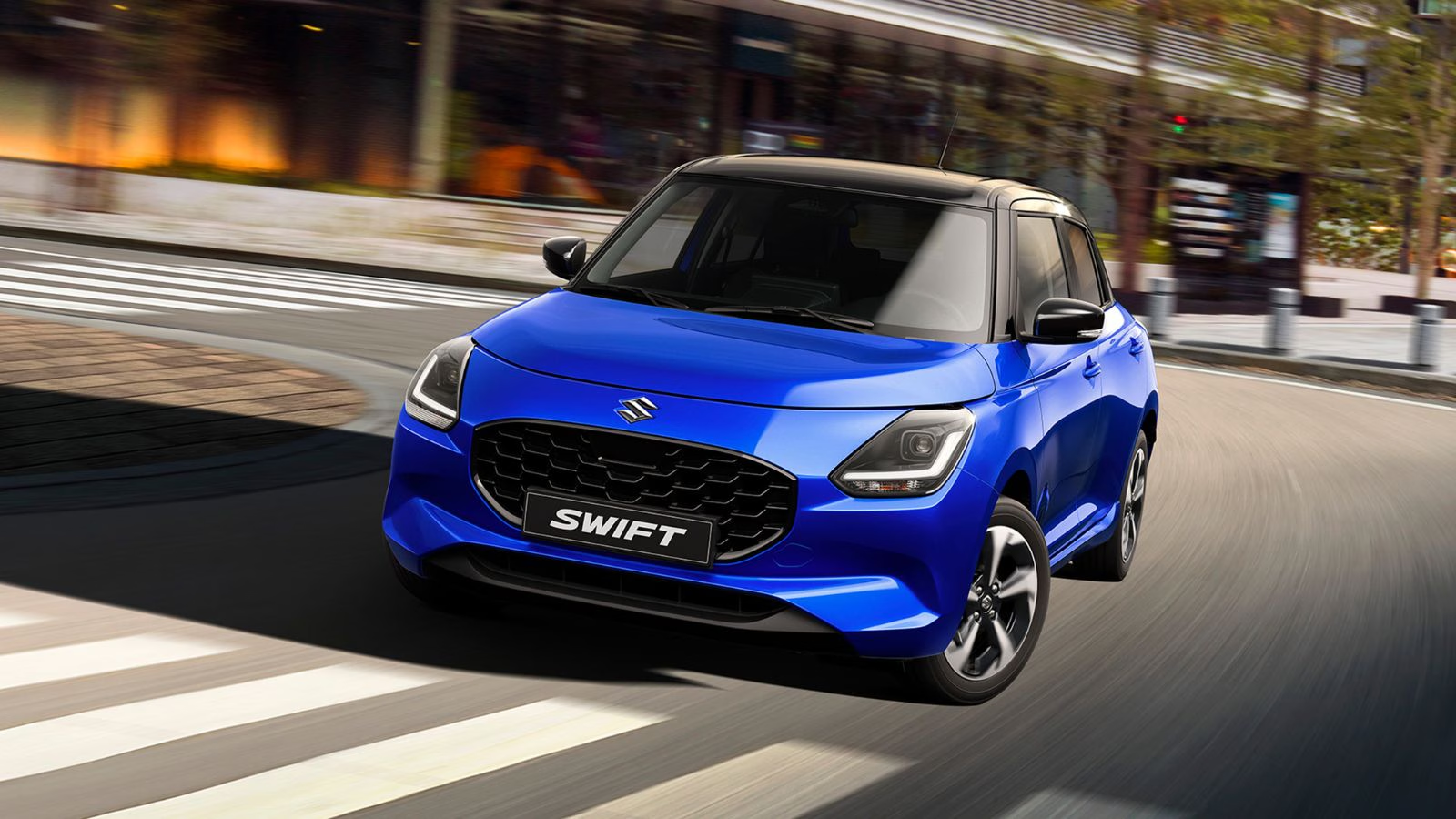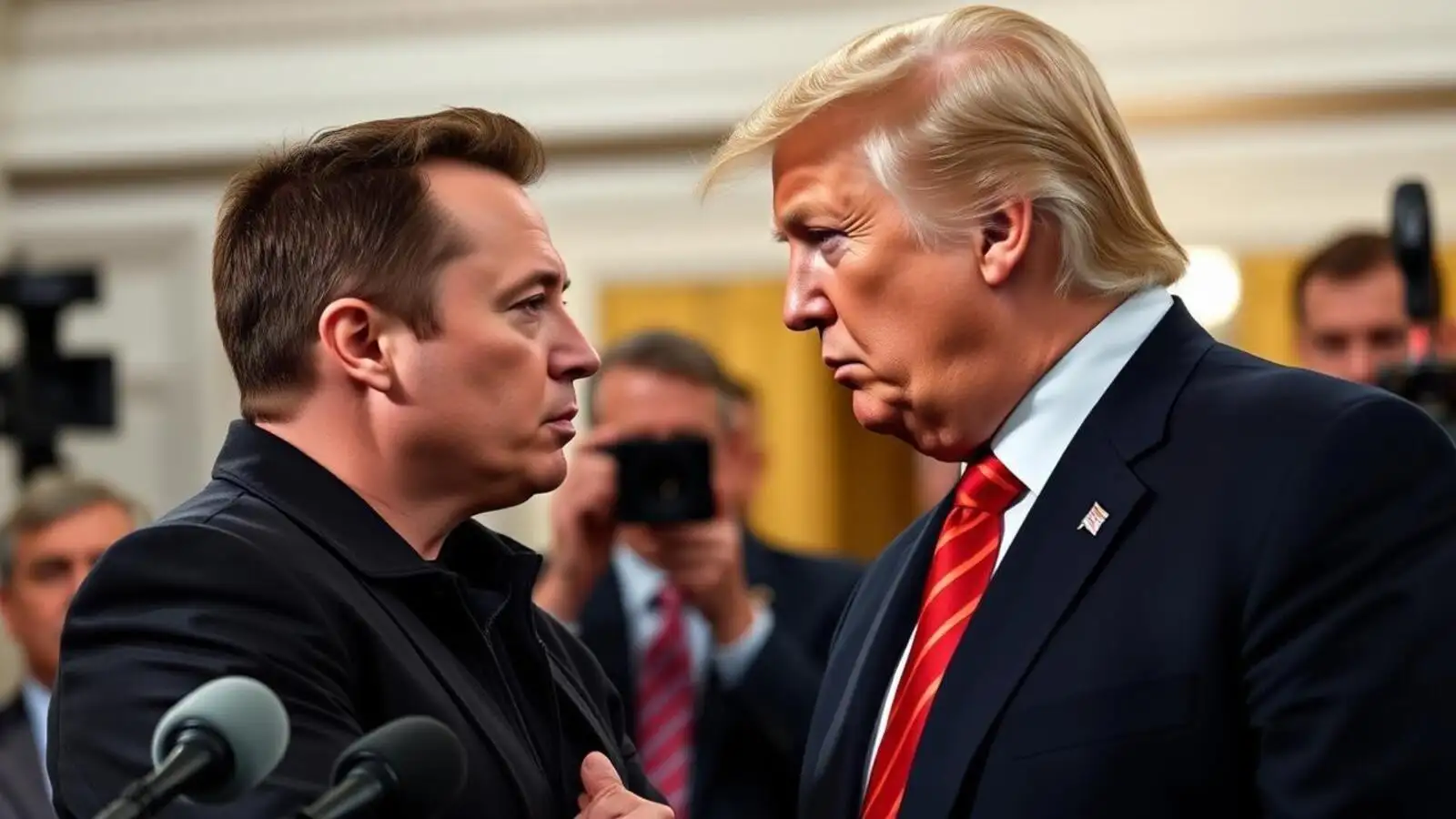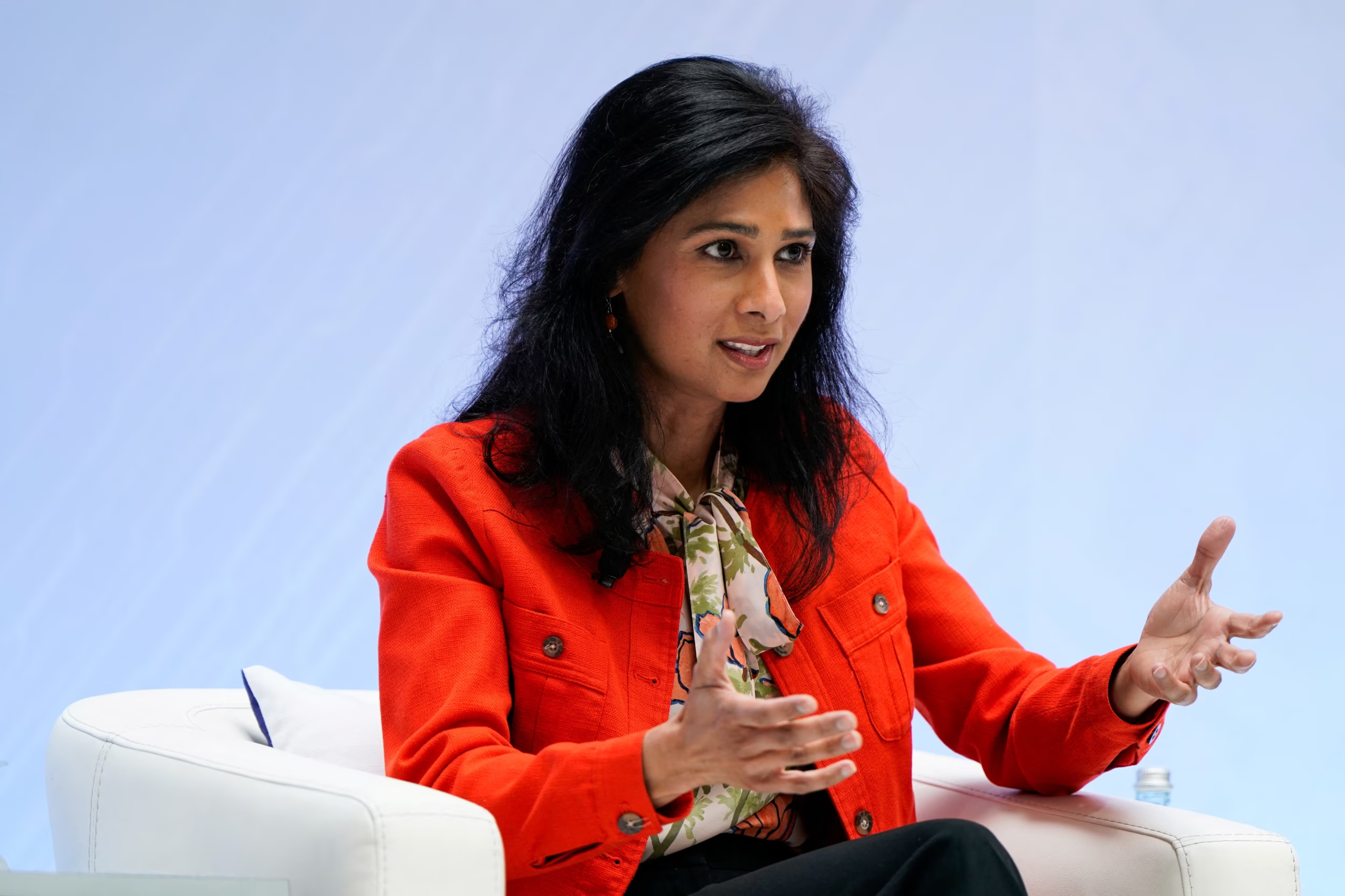Now Reading: China’s Rare Earth Export Ban Hits Suzuki; Swift Production Suspended
-
01
China’s Rare Earth Export Ban Hits Suzuki; Swift Production Suspended
China’s Rare Earth Export Ban Hits Suzuki; Swift Production Suspended

Suzuki has suspended production of its popular Swift model following China’s decision to halt exports of rare earth minerals. These minerals are essential components in modern automotive manufacturing, especially for electric and hybrid vehicles. The ban highlights the growing vulnerabilities in global supply chains and poses challenges for Indian manufacturers and consumers alike, particularly impacting production hubs in Tier 2 cities.
Rare Earth Minerals and Their Importance
Rare earth minerals play a crucial role in the production of electric motors, batteries, and various automotive parts. China dominates the global supply of these materials, making many manufacturers worldwide dependent on its exports. The recent ban disrupts this supply, causing immediate production halts and forcing companies to seek alternatives.
Impact on Suzuki’s Production and the Indian Auto Industry
Suzuki’s decision to suspend Swift production reflects the wider consequences of the export ban. The Swift, a bestseller in India, is assembled in multiple locations, including factories near Tier 2 cities where automotive manufacturing drives local economies. Production slowdowns threaten jobs and could increase vehicle prices due to scarcity of critical materials.
Supply Chain Challenges and Search for Alternatives
Automakers are now exploring other sources for rare earth minerals or alternative technologies to reduce dependency on China. However, these transitions require time and investment. For India, developing a domestic rare earth mining and processing industry could be crucial to avoid similar disruptions in the future.
Broader Economic Implications for India
The export ban also has a ripple effect on allied industries, such as battery manufacturing and electronic components, which are expanding in Tier 2 cities. Supply constraints might slow the growth of India’s electric vehicle sector and affect ambitions under initiatives like “Make in India.”
Conclusion
China’s rare earth export ban has exposed vulnerabilities in the global and Indian automotive supply chains. Suzuki’s suspension of Swift production underscores the urgent need for India to diversify its raw material sources and strengthen domestic capabilities. Addressing these challenges will be vital for sustaining growth in India’s automobile industry and protecting jobs, especially in emerging industrial hubs.























